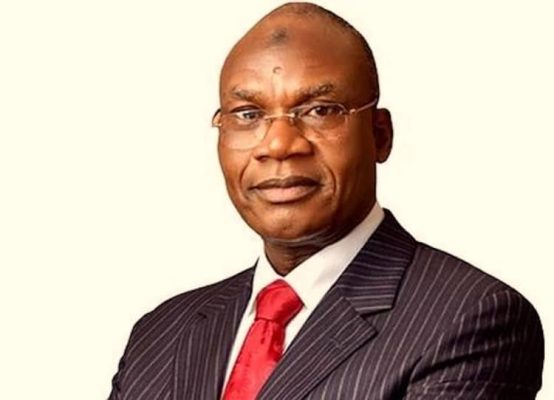The Minister of Education, Prof. Tahir Mamman, says 11 more states are to benefit from the Adolescent Girls Initiative for Learning and Empowerment (AGILE).
The AGILE, is a World Bank assisted project towards improving secondary education opportunities for adolescent girls.
Mamman made this known when he received representatives of the project in his office in Abuja on Thursday.
He said that the project had benefitted millions of students with life skills and digital skills.
NAN reports that Recall Agile was initially implemented in seven states of Borno, Ekiti, Kaduna, Kano, Katsina, Kebbi, and Plateau in 2022 aimed at empowering girls in secondary schools.
The additional 11 states to join the project are Adamawa, Bauchi, Gombe, Jigawa, Kogi, Kwara, Nasarawa, Niger, Sokoto, Yobe and Zamfara.
Mamman called on state governments to complement the intervention of the bank at raising the educational bar of students in the country.
“The project is to provide suitable environment in terms of the infrastructure that will bring out in all students and encourage them to go back to school. We’ve heard how it has impacted on enrolment significantly.
“The school is for both girls and boys, so when the environment is improved, the entire community benefits. A million of them have benefitted from the report and institution of the project.
“The skill is extremely important which is one of the second components of the plans the ministry will be driving in the next three years to take skills and technology to all levels of school.
“By the time students finish their secondary school, they will not only have the normal academic education but they would have acquired some practical empowering skills that can support their livelihood,” he said.
The minister who commended the initiative, said that parents were now beginning to take their children away from private schools into public schools due to the innovations introduced.
Also speaking, Mrs Aisha Mohammed, the Task Team leader from the World Bank, said the project had impacted over 3 million students in the states where the project had been implemented.
“We have been able to provide about 200 schools translating to 11,000 classrooms constructed in four states.
“We have 800 secondary schools about to be constructed in the remaining states under AGILE.
“Overall, since the the beginning of this project in 2022, we have impacted over three million students in the states that the project is working and also about 13 million community members have benefitted from this project,” she said.
She said that the bank was currently working with the ministry of finance on agreement for the effective take off of the project in the states.
“The ministry of finance has signed the subsidiary loan agreement with the world bank and from the world bank side we are waiting to declare the project effective in one or two weeks from now.
“Once the agreement is signed, Agile will be declared in 18 states and not the initial seven states,” she said.
In the same vein, the Operations Specialist from Life Skills Lead, Fatima Jagun, explained that 33,000 girls had so far been graduated from the life skill training programme given to the girls in the states.
She added that it had also provided vocational skills to girls by empowering them to convert waste to wealth so they could have both academic qualifications and life skills by the time they were leaving school.
Also, the Digital skills Lead of the project, Ese Adeluyi, said the project had encouraged recent transition from private schools to public schools because of the provision of devices and training of students.
According to her, the component helps to provide basic infrastructure, like we have computers being provided, power and internet connectivity are also provided to equip the students.
“For now, we have been able to train over 210,000 students with basic literacy skills, the training is helping to prepare them for their Computer Based Test (CBT) for their final year.
“Teachers are also being impacted because their jobs programme entails digital literacy programme,” she said.
Meanwhile, the National Project Coordinator of Agile, Hajia Amina Haruna said the project had not only brought academic programmes but also included hands on skills to make the students self reliant. (NAN)


